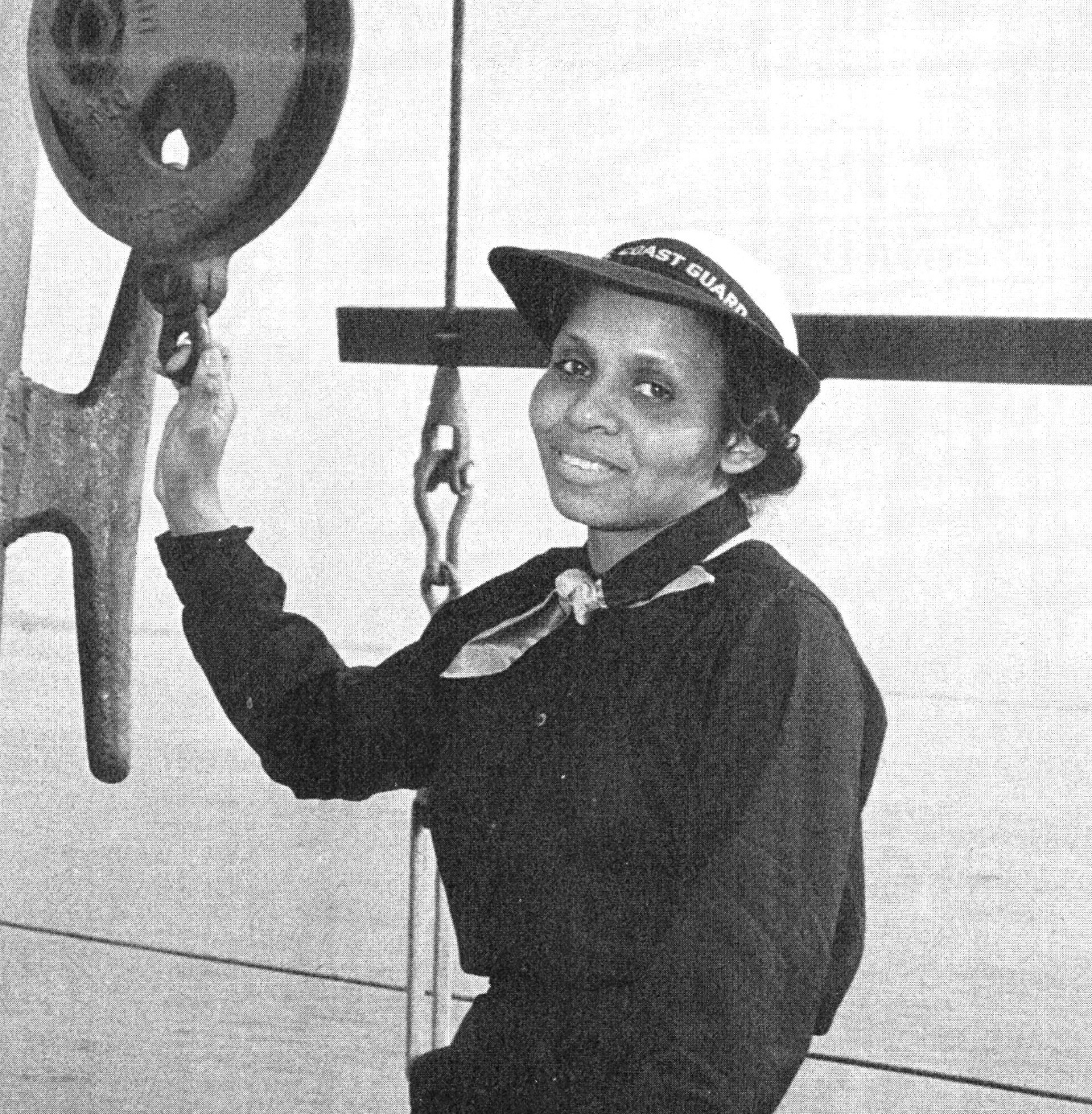Suffolk County has been home to plenty of remarkable people over the years. Still, few can match the grit, determination, and patriotism of Dr. Olivia Hooker. A longtime Brentwood resident, she didn’t just make history—she redefined what was possible for Black Americans, women, and anyone who refuses to let adversity stand in their way.
Dr. Hooker lived through some of the darkest moments in American history, but she never let them define her. Instead, she used them as fuel to carve a path forward for herself and future generations. A survivor, a trailblazer, and a proud American, she left behind a legacy that deserves to be remembered, especially during Black History Month.
Born in 1915 in Muskogee, Oklahoma, Olivia Hooker had a childhood that started off just like any other. Her father owned a clothing store, and her family was part of the thriving Black community in nearby Tulsa. That all changed in 1921 when racial tensions exploded into what we now know as the Tulsa Race Massacre.
Hooker was just six years old when an angry white mob burned down her family’s home and destroyed her father’s business, along with much of the prosperous black neighborhood known as “Black Wall Street.” It was one of the worst acts of racial violence in American history. For many, it would have been enough to instill fear, resentment, or even defeat.
But not for Olivia Hooker.
Instead of dwelling on hatred, she focused on strength. Her mother, she later recalled, refused to let the tragedy define them. “She said, ‘Don’t spend your time agonizing over the past. Don’t let that stop you from moving forward,’” Hooker once shared. That lesson stuck with her for life.
Hooker’s determination carried her through school and eventually to college, where she earned a degree in education. But by the 1940s, she had her sights set on something bigger—serving her country.
During World War II, the military was still largely segregated, and opportunities for black women were almost nonexistent. That didn’t stop Hooker from applying to the U.S. Navy’s WAVES (Women Accepted for Volunteer Emergency Service) program. They turned her down.
Again, she refused to quit.
In 1945, she applied to the U.S. Coast Guard Women’s Reserve, known as SPARS. This time, she was accepted, making history as the first black woman to serve in the Coast Guard.
At a time when many women were still expected to stay home and raise families, Hooker put on her uniform and got to work. She spent her service stationed in Boston, handling administrative duties and helping the war effort in whatever way she could. It may not have been combat, but it was a vital role—and it opened the door for more Black women to serve in the military.
Hooker didn’t stop there. After the war, she used the GI Bill to further her education, earning a master’s degree from Columbia University and eventually a Ph.D. in psychology.
While many people would have considered breaking military barriers enough of an achievement for one lifetime, Hooker was just getting started.
She became a respected psychologist, dedicating her career to helping children with developmental disabilities. For decades, she worked as a professor at Fordham University, mentoring students and advocating for better support systems for people with disabilities.
But she never forgot her roots—or the struggles she had overcome.
She became an outspoken advocate for the survivors of the Tulsa Race Massacre, ensuring that history wouldn’t forget what happened to Black Wall Street. In her later years, she worked with organizations like the NAACP. She continued pushing for justice long after many of her fellow survivors had passed on.
Eventually, Hooker settled in Brentwood, where she became a pillar of the community. Even in her 90s, she remained active, speaking at events, sharing her story, and inspiring young people to chase their dreams, no matter the obstacles.
In 2015, at the age of 100, she received one of the highest honors of her life—President Barack Obama (D-IL) personally recognized her contributions to the country during a White House ceremony. “Dr. Olivia Hooker has lived an extraordinary life,” he said, praising her resilience, patriotism, and groundbreaking achievements.
She passed away in 2018 at the age of 103, leaving behind a legacy that stretches far beyond Suffolk County.
Olivia Hooker’s life is a reminder of what makes America great—the ability to overcome, to push forward, and to never let obstacles dictate your future. She didn’t let racism, rejection, or even one of the worst massacres in American history hold her back. She believed in this country enough to serve it, educate its future leaders, and fight for justice in a productive and lasting way.
At a time when so many stories focus on division and resentment, Hooker’s life is a lesson in perseverance and unity. She never made excuses. She never played the victim. She simply worked harder, pushed further, and left this world better than she found it.
As we honor Black History Month, her story is worth telling—not just for the history books but for the lessons it offers us today.
Because in the end, Olivia Hooker wasn’t just a trailblazer for black history. She was an American hero.




